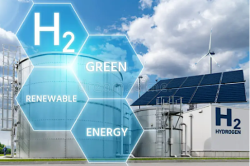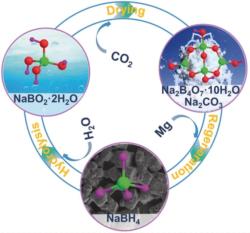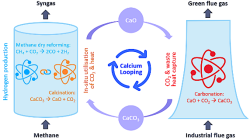Centre for Green Technology aims to develop novel technology for future clean fuels, vehicle emissions measurement, and environmental decontamination.
Our focus areas include:

1. Renewable energy generation and storage
Energy interconversion and storage are the key to a clean and sustainable energy system for the future. We are working on the interconversion between solar, thermal, chemical, and electrical energy.
The activities are centred on hydrogen, including the discovery of novel H-rich molecules, new synthesis, catalysis, and techno-economic analysis.

2. Vehicle emissions and air quality
Vehicle emissions are the most significant source of air pollution in the urban environment worldwide, and their detection and control are critical for protecting public health.
Our work on emission reduction and fuel efficiency applies to both in-use and future road vehicles.
Our current research activities include on-road remote sensing, portable emission measurement system, pollutant dispersion in urban street canyons, green infrastructure, alternative fuels, and advanced combustion systems.

3. Waste valorisation and environmental decontamination
Modern technologies are enabling us to transform our concept of waste. Where in the past by-products of industrial processes were sent to landfill, we are now identifying ways to create circular economies that enable the transformation of waste into new products. An example of this is using industrial solid waste in green construction materials.
However, commercial applications in this field has been limited due to cost and efficiency.
We have assembled a multidisciplinary team of scientists and engineers to develop breakthroughs that will solve the bottlenecks and enable the efficient recycling and re-use of many industrial ‘waste’ products.

4. Techno-economic-social-environmental analysis
A holistic understanding is essential when evaluating clean fuel options—such as hydrogen, ammonia, methanol, and e-fuels—for decarbonising hard-to-abate sectors including heavy industry, transport, mining, aviation, metallurgy, steel, and cement production. Despite their potential, achieving safe, efficient, and cost-effective deployment of these fuels—particularly hydrogen—remains a significant challenge.
To address this, we develop data-driven and balanced approaches to unravel the complex interdependencies among production sites, supply chains, equipment, emissions, uncertainties, as well as policies and standards—situated within a broader socio-technical and economic context.

